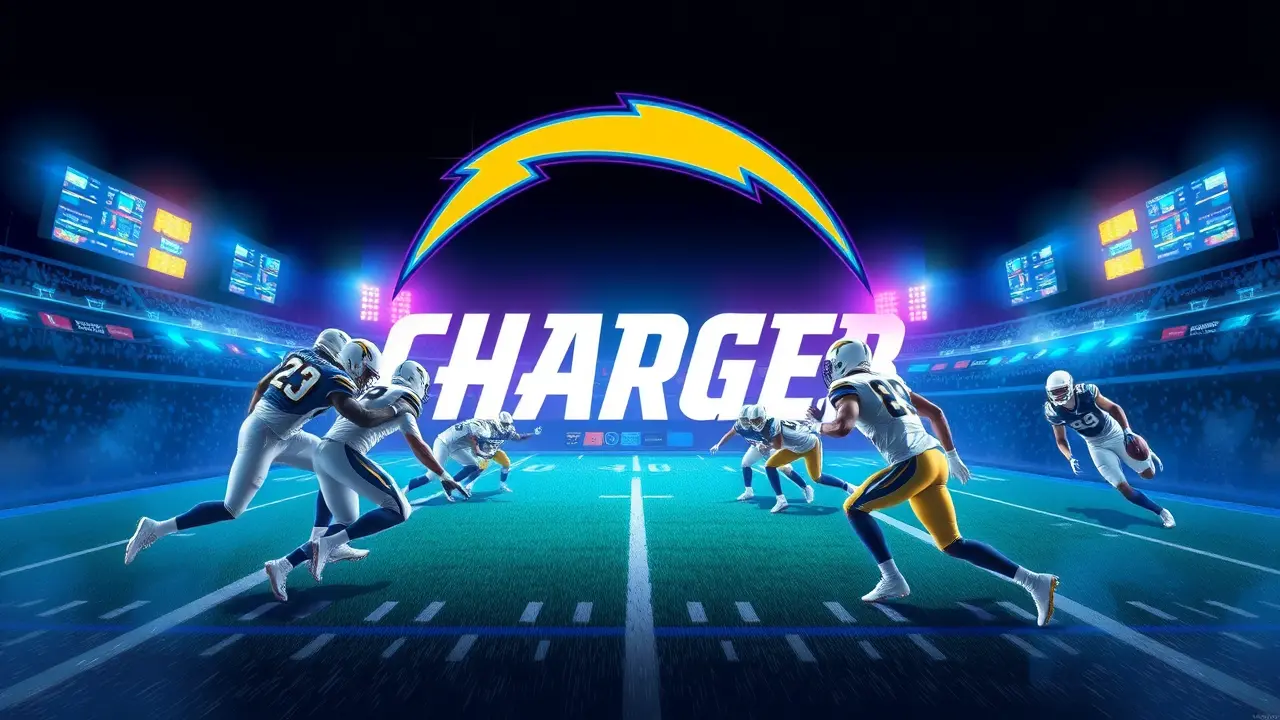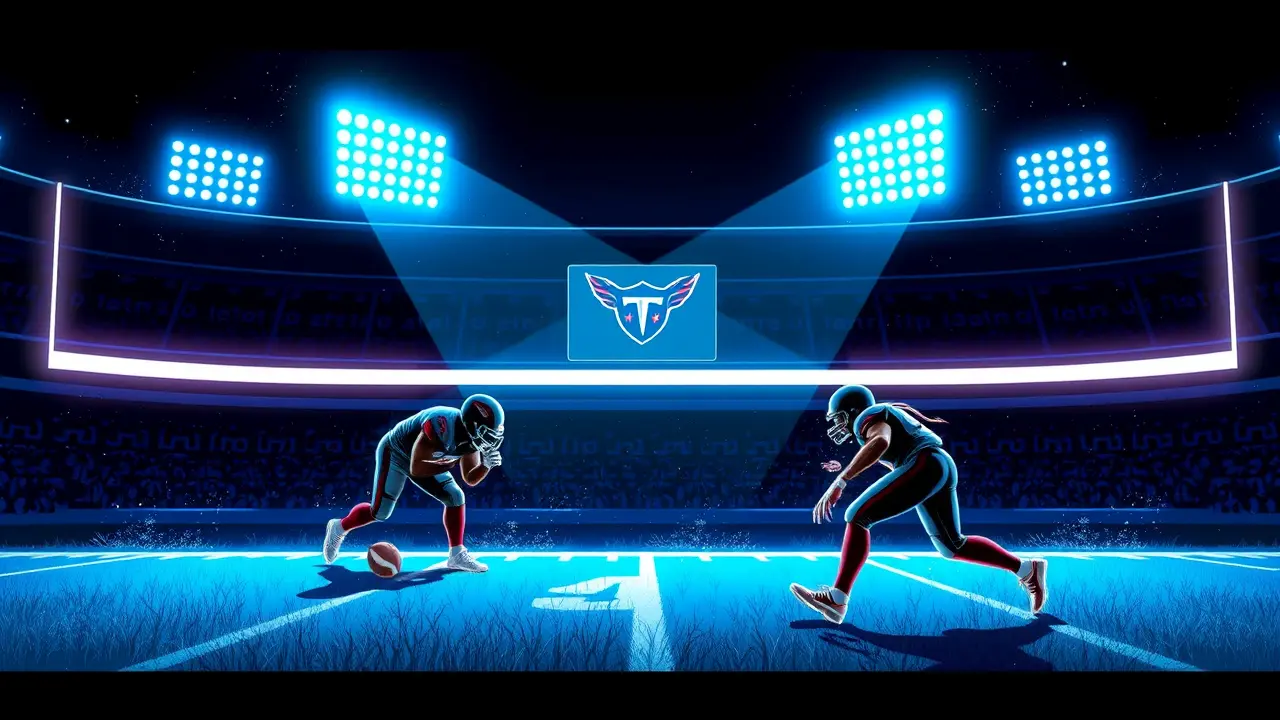
SportfootballPremier League
5 takeaways from Chargers’ victory over Steelers in Week 10
JA
Jack Turner
3 hours ago7 min read1 comments
The Los Angeles Chargers' methodical 25-10 dismantling of the Pittsburgh Steelers on Sunday Night Football was less a game and more a statement—a clinic in complementary football that should send a shiver through the AFC. At 7-3, the Chargers are no longer just a team with a high-octane offense; they are evolving into a complete, defensively formidable unit reminiscent of the league's elite.The defensive performance was nothing short of historic, nearly completing nine consecutive quarters without surrendering a touchdown, a streak only broken by Roman Wilson's garbage-time score with under three minutes remaining. This wasn't just about stopping the run, an area where they've been suspect in recent weeks; it was a comprehensive shutdown.They rendered future Hall of Famer Aaron Rodgers a non-factor, limiting him to a paltry 51. 6% completion rate and a mere 161 yards, while picking him off twice and making the pocket a prison.The return of defensive tackle Da'Shawn Hand was the catalyst, a move that paid immediate dividends. His presence in the interior, combined with the relentless pressure from Tuli Tuipulotu and the ever-dangerous Khalil Mack—whose first-quarter strip sack resulted in a safety—created a pass rush that was both consistent and catastrophic for the Steelers' offensive line.Mack, Tuipulotu, and Odafe Oweh exploited rookie left tackle Broderick Jones all night, executing devastating inside moves that collapsed the pocket and left Rodgers with nowhere to hide. This defensive resurgence perfectly set the stage for the offense, which showcased its own brand of resilience.Offensive coordinator Greg Roman displayed a masterclass in conviction, sticking with the run game despite early inefficiency. His faith was placed squarely on the shoulders of second-year back Kimani Vidal, who rewarded that trust with a workmanlike 95 yards and a touchdown on 25 carries.In a league obsessed with the trade deadline, the Chargers' front office made a quiet but powerful statement by not dealing for a running back, and Vidal’s consistent, between-the-tackles rhythm against a stout Steelers front proved them right, evoking shades of Melvin Gordon's 2018 campaign. The offensive adaptability was further highlighted after Justin Herbert took a beating in the first half, including a scary-looking sack from Nick Herbig.The response was a strategic pivot to a quick-game passing attack that effectively served as an extension of the run. Quentin Johnston emerged as a key weapon in this phase, turning short catches into meaningful gains and setting up manageable late-down situations.When Steelers safety Jalen Ramsey inevitably crept up to challenge this, the Chargers brilliantly went over the top, with Herbert threading a needle to Ladd McConkey on a 58-yard crossing route—a throw of pinpoint precision and audacity. Even the special teams, a unit that entered the week as the league's worst by nearly every metric, contributed decisively.The return of cornerback Deane Leonard to the gunner role transformed the coverage units, bottling up returner Ke'Shawn Williams and forcing a critical fourth-quarter muff. Punter JK Scott stabilized after a shaky start, landing three punts inside the 20, while kicker Cameron Dicker out-dueled Chris Boswell, including a massive 59-yard field goal.This victory wasn't just a notch in the win column; it was a blueprint. It demonstrated a team getting healthier, more disciplined, and more versatile at the perfect time, positioning the Chargers not just as playoff hopefuls, but as legitimate contenders capable of winning in multiple, punishing ways.
#featured
#Los Angeles Chargers
#Pittsburgh Steelers
#Justin Herbert
#defensive performance
#Kimani Vidal
#special teams
Stay Informed. Act Smarter.
Get weekly highlights, major headlines, and expert insights — then put your knowledge to work in our live prediction markets.
Related News
© 2025 Outpoll Service LTD. All rights reserved.














